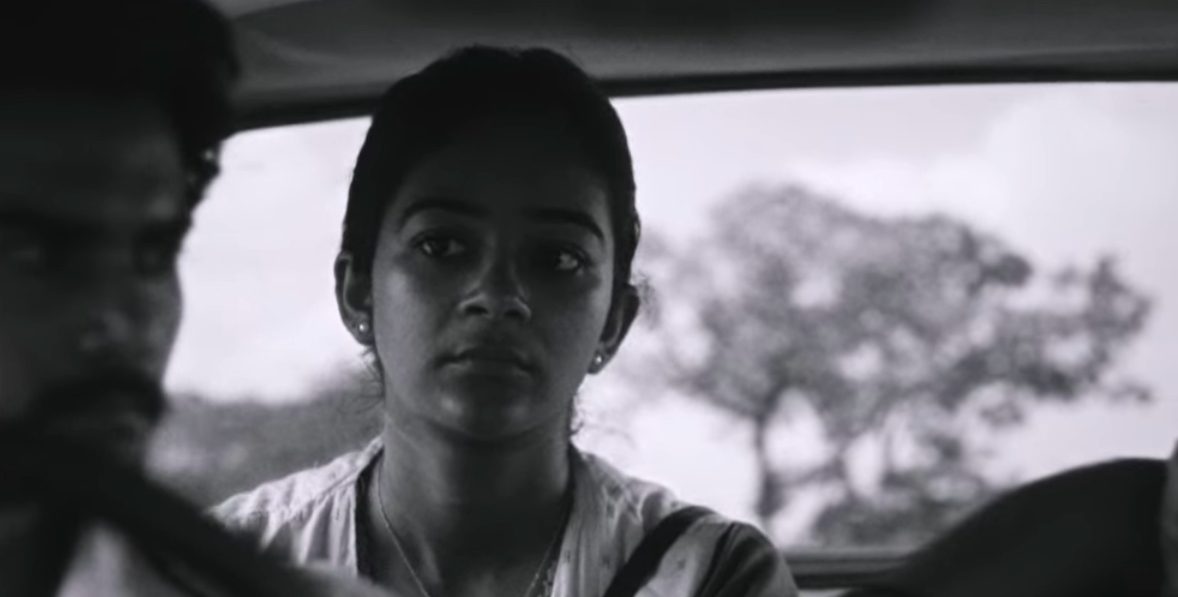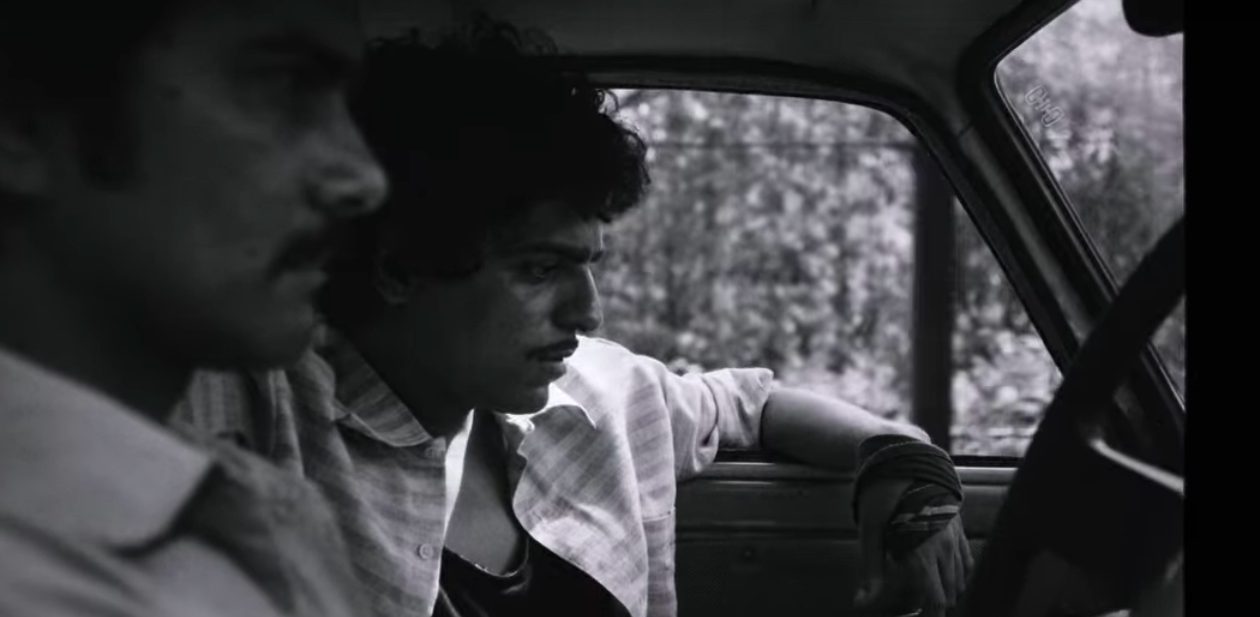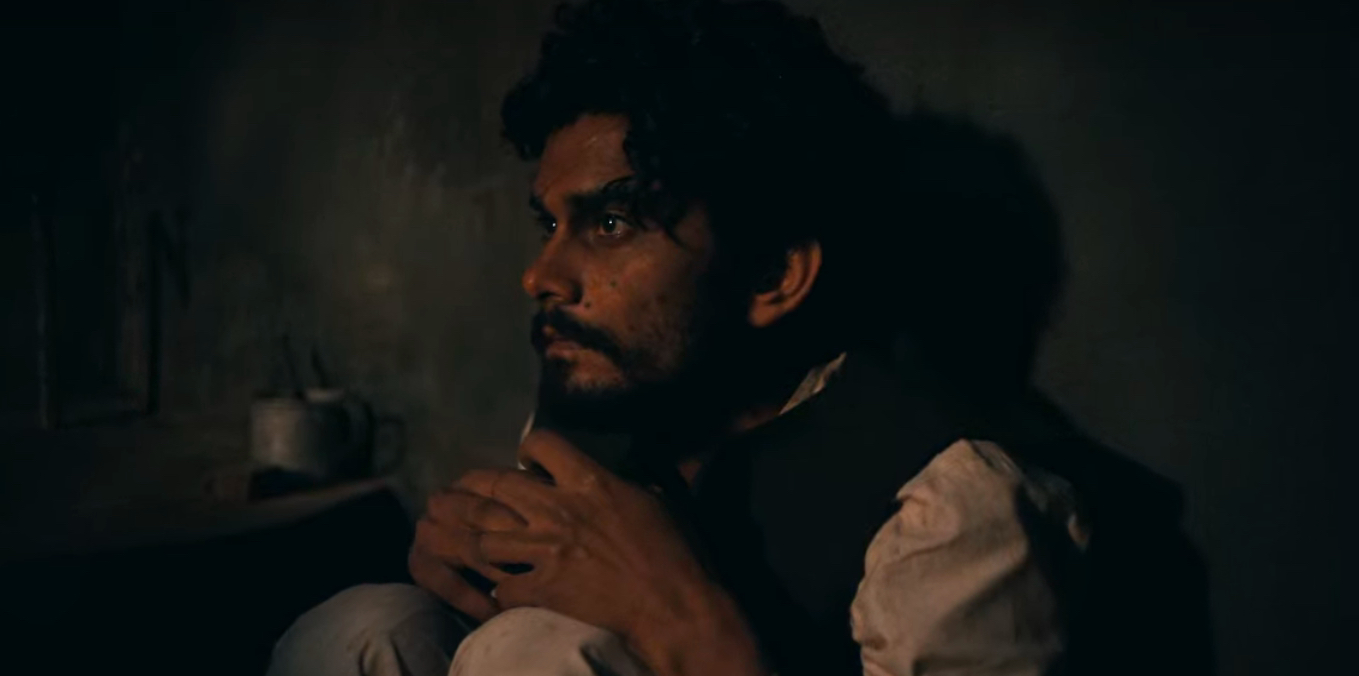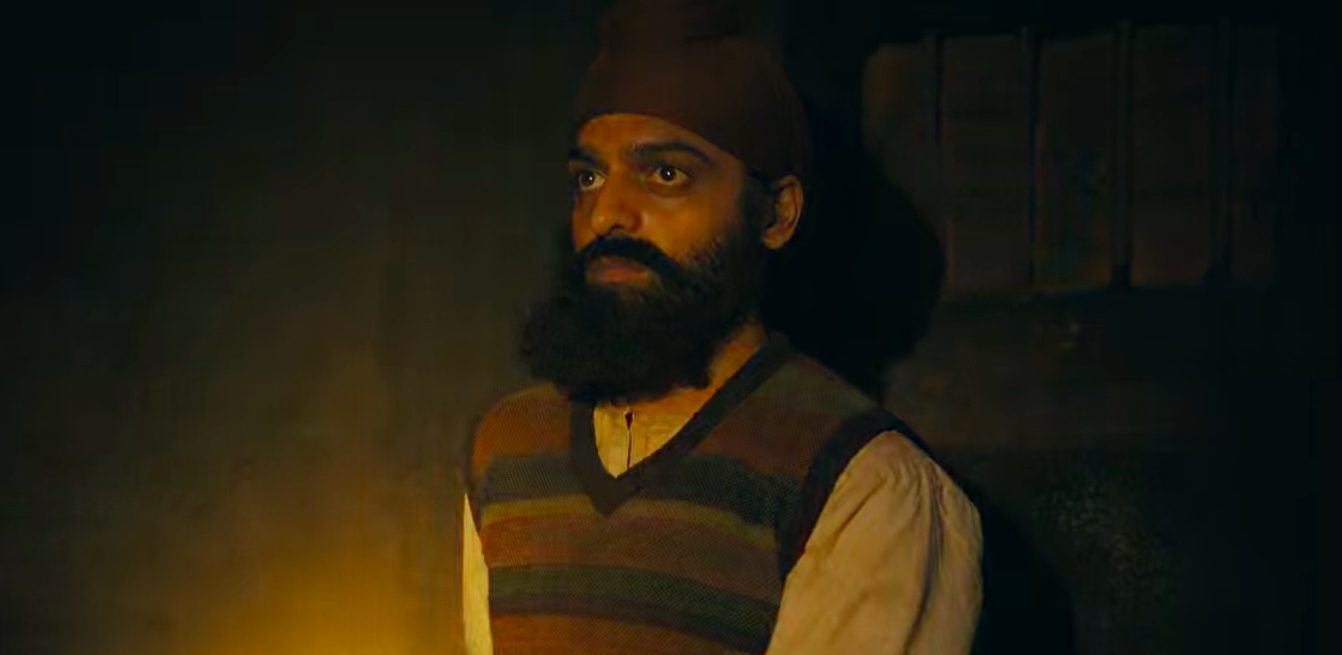Netflix’s ‘Black Warrant’ is a prison drama that focuses on the real cases of the inmates in the Tihar Jail. Set in the early 1980s, the show follows the perspective of Sunil Kumar Gupta, a young man who joins Tihar as a prison officer. His initial optimism to change the place for the better is challenged by the very system he works for. Apart from this, the show also focuses on the lives of the inmates, focusing on the reasons behind their imprisonment and their eventual fate. One of those cases is that of inmates Ranga and Billa, who are on death row and become major plot points in the second episode. Like almost every other case in the show, theirs is also based on real events. SPOILERS AHEAD.
The Heinous Nature of Geeta and Sanjay Chopra’s Murder Shocked the Nation
The second episode of ‘Black Warrant’ focuses on the real crimes of Billa and Ranga, who are sentenced to death for the murder of Geeta and Sanjay Chopra. The episode sees the case from an outsider’s lens and gives a general gist of what the public knows about it, but it does capture most of the details that came out in the police investigation. According to the police records, 16-year-old Geeta Chopra and her 14-year-old brother, Sanjay, left their house in the Officer’s Enclave in Dhaula Kuan at 6:15 pm on August 26, 1978. They were supposed to participate in a program for All India Radio, where they needed to be by 7 pm, with their father planning to pick them up around 9 pm. However, the children never reached the radio station.

It is believed that the children took a lift due to the sudden drizzle. Several witnesses placed them in a mustard-colored Fiat car, where they were seen fighting and struggling with the two men, one of whom was the driver. Around 6:45 pm, a witness called the cops to notify them of what looked like a kidnapping. Meanwhile, the family was completely unaware of the children’s situation. At 8 pm, they tuned in to listen to their program but were surprised to discover that someone else had been given the slot. When their father reached the radio station, he discovered that the children never showed up. Calls were made to their friends, relatives, and other acquaintances, but no one confirmed having seen them at the time.
It was on August 28, 1978, that their bodies were discovered in a field on Upper Ridge Road by a cowherd. When sent for an autopsy, the bodies were found to have decomposed to the extent that it could not be established whether sexual assault had taken place. Apart from this, multiple stab wounds were confirmed to be the cause of death for both children. It was later established that the children were picked up with the intent of holding them for ransom, but when the kidnappers assumed that their father, who was a naval officer, would not be able to pay the ransom, their crime took a different turn.
Billa and Ranga Received Death Sentences for Their Horrendous Crimes
Kuljeet Singh, aka Ranga, and Jasbir Singh, aka Billa, were found on September 8, 1978, having boarded a train through a compartment reserved for military personnel. Apart from their illegal boarding, they were also recognized by one of the men from their pictures circulated in the newspapers and were handed over to the cops at the New Delhi railway station on September 9, 1978. In the meantime, the cops had also found the car in which the kidnapping took place. It belonged to a man who had reported his car stolen from outside a hotel. From the vehicle, the cops found fingerprints, blood and hair samples, different car plate numbers, soil samples that matched the soil where the bodies were found, and a cigarette butt.

When apprehended, Billa and Ranga were found to have bloodstains on their clothes and several bruises and notable wounds on Billa’s head and Ranga’s arm. Matching their blood and hair samples from the ones found in the car, on the crime scene, and on the bodies of the victims, it was established that they were, in fact, the culprits of the crime. It was also established that around 10 pm on the night of the kidnapping, Billa visited the Willingdon Hospital (now Dr. Ram Manohar Lohia Hospital) to get treated for a cut on his head, which he claimed he received in a scuffle when he was robbed. He had also received a skiagram, which was later used to place him and Ranga at the hospital, along with the fingerprint and the signature of one of the culprits.
As the investigation continued, Billa and Ranga confessed to their crimes at different points in time in separate interrogations. They admitted to sexually assaulting Geeta before murdering her and her brother. Each blamed the other for the crime, claiming to be the spectator and an unwilling collaborator in the criminal intent and horrifying actions perpetrated by the other. Later, however, both the accused retracted their confessions, claiming that they were forced into it. When the trial began, they both pleaded not guilty. Apart from the forensic evidence presented by the prosecution, the testimonies of several witnesses helped to prove that Billa and Ranga perpetrated the crimes. In the end, they were found guilty of murder, kidnapping, kidnapping with unlawful confinement, and kidnapping with the intention of sexual and physical assault, among other charges. Considering the severity of their crimes, they were both given death sentences.
Black Warrant Depicts Billa and Ranga’s Final Moments in Tihar Jail
By the time Sunil Kumar Gupta became a prison officer at the Tihar Jail, Billa and Ranga had already been put on a death sentence. Petitions were filed against the verdict and for the innocence of the convicts, but all appeals, including the one sent to the President for clemency, were rejected, and the decision was ultimately upheld by the Supreme Court of India. As shown in the Netflix series, prominent journalists tried to get interviews with the convicts over the course of their imprisonment. In the show, we see journalist Pratibha Sen finally getting the chance to interview Billa, while Ranga refuses to talk with her. In real life, five journalists were allowed to talk with Billa (as Ranga refused the interview) for about an hour after petitions were filed in the court to allow the interviews.

According to Sunil Gupta’s book, Ranga seemed to have made peace with his fate and mingled with other inmates and worked with them more peacefully. Billa, on the other hand, claimed his innocence till his last day and was agitated all the time. They were both executed on January 31, 1982. According to Gupta’s book, Billa was hysterical and could not be pacified. His death was confirmed immediately after the hanging, but the same did not happen for Ranga. In his book, Gupta wrote that the doctor confirmed Ranga had a pulse, and he didn’t die for several hours even as he continued to be on the rope. In the end, the former superintendent of Tihar wrote, another officer had to pull him down to hasten his death.
The shocking deaths of Geeta and Sanjay Chopra were an eye-opener for the public and a mark of the increasing lawlessness in the country’s capital. The case received intensive media coverage, with the then-Prime Minister showing personal interest in solving it. On April 5, 1981, Geeta and Sanjay Chopra were awarded the Kirti Chakra, a military decoration awarded to civilians for bravery and valor. In their remembrance, the Indian Council for Child Welfare established the Sanjay Chopra Award and the Geeta Chopra Award in 1978, to be awarded alongside the National Bravery Awards and given to children under the age of 16 for showing utmost courage in the face of danger.


You must be logged in to post a comment.